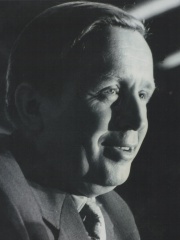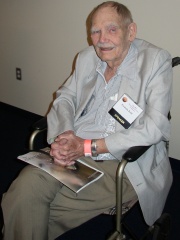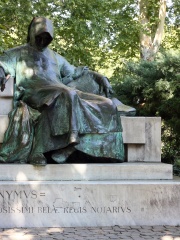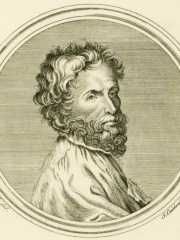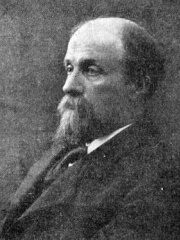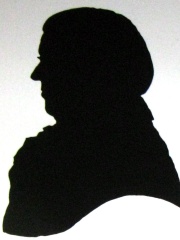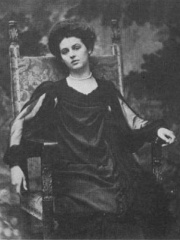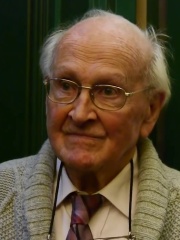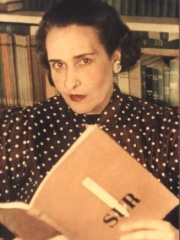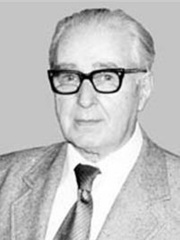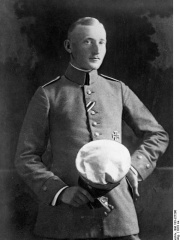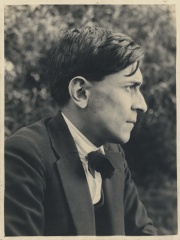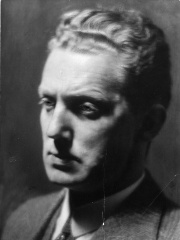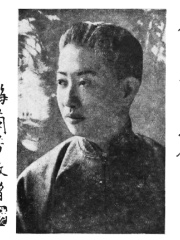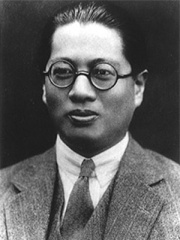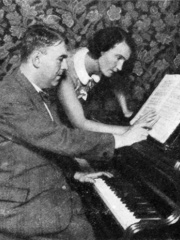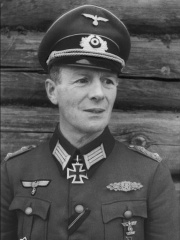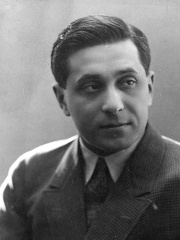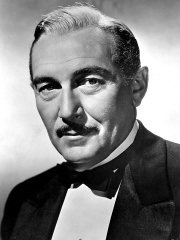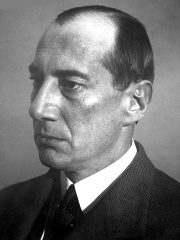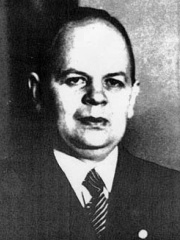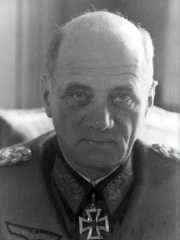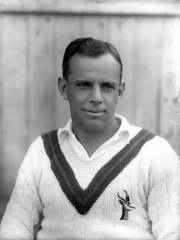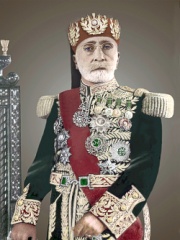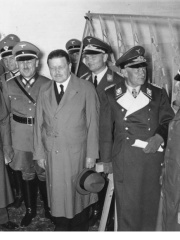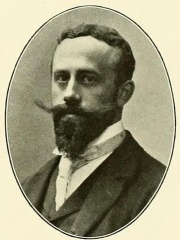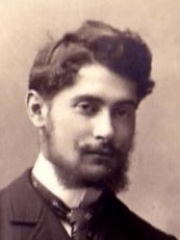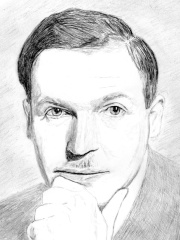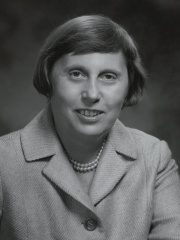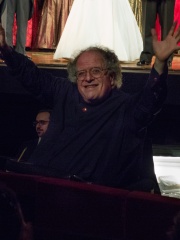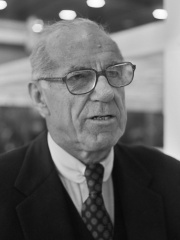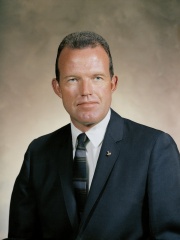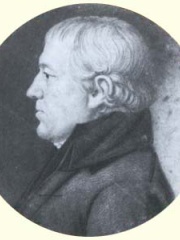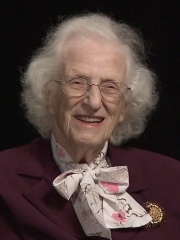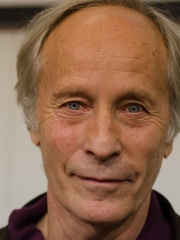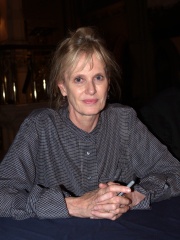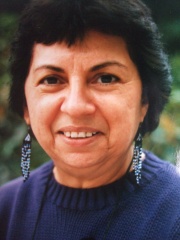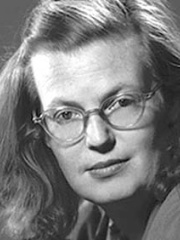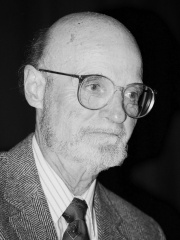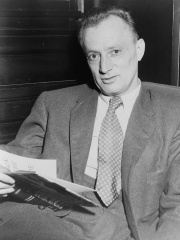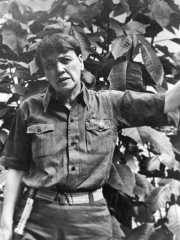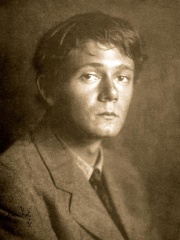WRITER
E. E. Cummings
1894 - 1962
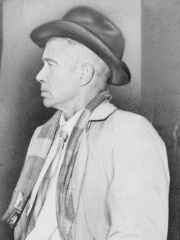
 E. E. Cummings
E. E. Cummings
Edward Estlin Cummings (October 14, 1894 – September 3, 1962), commonly known as e e cummings or E. E. Cummings, was an American poet, painter, essayist, author, and playwright. During World War I, he worked as an ambulance driver and was imprisoned in an internment camp, which provided the basis for his novel The Enormous Room (1922). The following year he published his first collection of poetry, Tulips and Chimneys, which showed his early experiments with grammar and typography. He wrote four plays, the most successful of which were HIM (1927) and Santa Claus: A Morality (1946). Read more on Wikipedia
His biography is available in 46 different languages on Wikipedia. E. E. Cummings is the 1,902nd most popular writer (down from 1,724th in 2024), the 2,787th most popular biography from United States (down from 2,160th in 2019) and the 226th most popular American Writer.
Memorability Metrics
Page views of E. E. Cummings by language
Among WRITERS
Among writers, E. E. Cummings ranks 1,902 out of 7,302. Before him are Sulpicia, Branko Ćopić, Frederik Pohl, Anonymus, Jacint Verdaguer, and Cristóbal de Morales. After him are Juhani Aho, John Farey Sr., Renée Vivien, Robert Faurisson, Archestratus, and Victoria Ocampo.
Most Popular Writers in Wikipedia
Go to all RankingsSulpicia
100 BC - Present
HPI: 63.57
Rank: 1,896
Branko Ćopić
1915 - 1984
HPI: 63.57
Rank: 1,897
Frederik Pohl
1919 - 2013
HPI: 63.56
Rank: 1,898
Anonymus
1200 - 1300
HPI: 63.55
Rank: 1,899
Jacint Verdaguer
1845 - 1902
HPI: 63.55
Rank: 1,900
Cristóbal de Morales
1600 - 1655
HPI: 63.55
Rank: 1,901
E. E. Cummings
1894 - 1962
HPI: 63.55
Rank: 1,902
Juhani Aho
1861 - 1921
HPI: 63.55
Rank: 1,903
John Farey Sr.
1766 - 1826
HPI: 63.54
Rank: 1,904
Renée Vivien
1877 - 1909
HPI: 63.53
Rank: 1,905
Robert Faurisson
1929 - 2018
HPI: 63.52
Rank: 1,906
Archestratus
350 BC - 330 BC
HPI: 63.51
Rank: 1,907
Victoria Ocampo
1890 - 1979
HPI: 63.50
Rank: 1,908
Contemporaries
Among people born in 1894, E. E. Cummings ranks 77. Before him are Georges Gurvitch, Albert Leo Schlageter, José Carlos Mariátegui, Trygve Gulbranssen, Mei Lanfang, and T. V. Soong. After him are Erwin Schulhoff, Gerhard Schmidhuber, Mikhail Zoshchenko, Paul Lukas, Józef Beck, and Meher Baba. Among people deceased in 1962, E. E. Cummings ranks 65. Before him are Wilhelm Ackermann, Hans von Salmuth, Louis Raymond, Muhammad VIII al-Amin, Trygve Gulbranssen, and Wilhelm Ohnesorge. After him are Poul Nielsen, Tod Browning, Erich von Tschermak, Henri Wallon, Antoine Pevsner, and Richard Aldington.
Others Born in 1894
Go to all RankingsGeorges Gurvitch
SOCIOLOGIST
1894 - 1965
HPI: 64.39
Rank: 71
Albert Leo Schlageter
MILITARY PERSONNEL
1894 - 1923
HPI: 64.30
Rank: 72
José Carlos Mariátegui
WRITER
1894 - 1930
HPI: 64.01
Rank: 73
Trygve Gulbranssen
WRITER
1894 - 1962
HPI: 63.70
Rank: 74
Mei Lanfang
SINGER
1894 - 1961
HPI: 63.68
Rank: 75
T. V. Soong
POLITICIAN
1894 - 1971
HPI: 63.61
Rank: 76
E. E. Cummings
WRITER
1894 - 1962
HPI: 63.55
Rank: 77
Erwin Schulhoff
COMPOSER
1894 - 1942
HPI: 63.50
Rank: 78
Gerhard Schmidhuber
MILITARY PERSONNEL
1894 - 1945
HPI: 63.47
Rank: 79
Mikhail Zoshchenko
WRITER
1894 - 1958
HPI: 63.45
Rank: 80
Paul Lukas
ACTOR
1894 - 1971
HPI: 63.43
Rank: 81
Józef Beck
POLITICIAN
1894 - 1944
HPI: 63.19
Rank: 82
Meher Baba
RELIGIOUS FIGURE
1894 - 1969
HPI: 63.11
Rank: 83
Others Deceased in 1962
Go to all RankingsWilhelm Ackermann
MATHEMATICIAN
1896 - 1962
HPI: 63.84
Rank: 59
Hans von Salmuth
MILITARY PERSONNEL
1888 - 1962
HPI: 63.82
Rank: 60
Louis Raymond
TENNIS PLAYER
1895 - 1962
HPI: 63.75
Rank: 61
Muhammad VIII al-Amin
POLITICIAN
1881 - 1962
HPI: 63.72
Rank: 62
Trygve Gulbranssen
WRITER
1894 - 1962
HPI: 63.70
Rank: 63
Wilhelm Ohnesorge
POLITICIAN
1872 - 1962
HPI: 63.60
Rank: 64
E. E. Cummings
WRITER
1894 - 1962
HPI: 63.55
Rank: 65
Poul Nielsen
SOCCER PLAYER
1891 - 1962
HPI: 63.48
Rank: 66
Tod Browning
ACTOR
1880 - 1962
HPI: 63.39
Rank: 67
Erich von Tschermak
BIOLOGIST
1871 - 1962
HPI: 63.31
Rank: 68
Henri Wallon
PSYCHOLOGIST
1879 - 1962
HPI: 63.15
Rank: 69
Antoine Pevsner
SCULPTOR
1884 - 1962
HPI: 62.80
Rank: 70
Richard Aldington
WRITER
1892 - 1962
HPI: 62.80
Rank: 71
In United States
Among people born in United States, E. E. Cummings ranks 2,787 out of 20,380. Before him are Ella Grasso (1919), Jeb Bush (1953), Frederik Pohl (1919), Dan Inosanto (1936), James Levine (1943), and Benjamin Spock (1903). After him are Gordon Cooper (1927), Richard Bassett (1745), Nancy Roman (1925), Robert B. Wilson (1937), Brittany Murphy (1977), and Tito Jackson (1953).
Others born in United States
Go to all RankingsElla Grasso
POLITICIAN
1919 - 1981
HPI: 63.57
Rank: 2,781
Jeb Bush
POLITICIAN
1953 - Present
HPI: 63.56
Rank: 2,782
Frederik Pohl
WRITER
1919 - 2013
HPI: 63.56
Rank: 2,783
Dan Inosanto
CELEBRITY
1936 - Present
HPI: 63.56
Rank: 2,784
James Levine
CONDUCTOR
1943 - 2021
HPI: 63.55
Rank: 2,785
Benjamin Spock
PSYCHOLOGIST
1903 - 1998
HPI: 63.55
Rank: 2,786
E. E. Cummings
WRITER
1894 - 1962
HPI: 63.55
Rank: 2,787
Gordon Cooper
ASTRONAUT
1927 - 2004
HPI: 63.55
Rank: 2,788
Richard Bassett
POLITICIAN
1745 - 1815
HPI: 63.55
Rank: 2,789
Nancy Roman
ASTRONOMER
1925 - 2018
HPI: 63.54
Rank: 2,790
Robert B. Wilson
ECONOMIST
1937 - Present
HPI: 63.54
Rank: 2,791
Brittany Murphy
ACTOR
1977 - 2009
HPI: 63.54
Rank: 2,792
Tito Jackson
MUSICIAN
1953 - 2024
HPI: 63.53
Rank: 2,793
Among WRITERS In United States
Among writers born in United States, E. E. Cummings ranks 226. Before him are John Green (1977), Richard Ford (1944), Siri Hustvedt (1955), Gloria E. Anzaldúa (1942), Shirley Jackson (1916), and Frederik Pohl (1919). After him are John Barth (1930), Nelson Algren (1909), Chuck Palahniuk (1962), Maria Shriver (1955), Agnes Smedley (1892), and Clark Ashton Smith (1893).
John Green
1977 - Present
HPI: 63.73
Rank: 220
Richard Ford
1944 - Present
HPI: 63.65
Rank: 221
Siri Hustvedt
1955 - Present
HPI: 63.62
Rank: 222
Gloria E. Anzaldúa
1942 - 2004
HPI: 63.61
Rank: 223
Shirley Jackson
1916 - 1965
HPI: 63.57
Rank: 224
Frederik Pohl
1919 - 2013
HPI: 63.56
Rank: 225
E. E. Cummings
1894 - 1962
HPI: 63.55
Rank: 226
John Barth
1930 - 2024
HPI: 63.49
Rank: 227
Nelson Algren
1909 - 1981
HPI: 63.44
Rank: 228
Chuck Palahniuk
1962 - Present
HPI: 63.43
Rank: 229
Maria Shriver
1955 - Present
HPI: 63.42
Rank: 230
Agnes Smedley
1892 - 1950
HPI: 63.32
Rank: 231
Clark Ashton Smith
1893 - 1961
HPI: 63.32
Rank: 232

